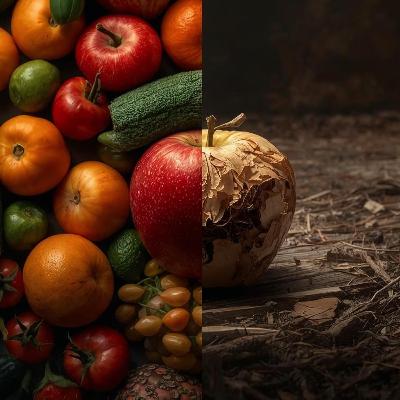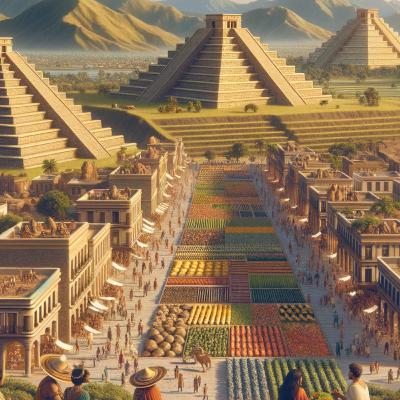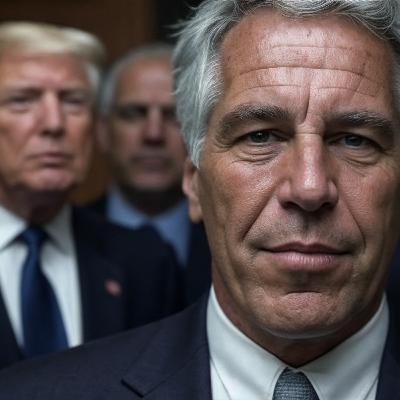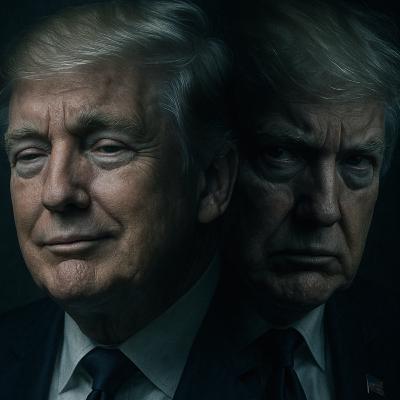The dignity crisis: when food becomes a financial asset
Description
This episode explores the profound paradox of the modern food system: when food transforms from a basic human necessity into a tradable commodity, we lose the fundamental right to eat with dignity. We delve into how the human right to adequate food, enshrined in international law, is systematically undermined when staple crops like wheat and maize become financial assets. You will hear how financial speculation, often driven by investment funds and algorithms disconnected from the actual harvest, amplifies food price crises, pushing millions into acute food insecurity.
We examine the devastating social geography created by this market logic, defining the nutritional apartheid of food deserts (areas lacking fresh produce) and food swamps (areas saturated with ultra-processed foods and fast food). In these environments, the cost differential is brutal: healthy foods cost more than double the price of cheaper, less healthy alternatives per calorie, forcing families with tight budgets into choices that directly lead to epidemics of chronic diseases like obesity and Type 2 diabetes. Drawing on thinkers like Jean Ziegler, who argues that death by hunger in a wealthy world amounts to "murder", we confront the social costs of this system.
Finally, we shift to solutions, discussing effective global policy interventions. These include fiscal policies like taxing unhealthy foods and subsidizing healthy options, transforming institutional public procurement (such as Brazil’s and Sweden’s school feeding programmes), and supporting food sovereignty movements that restore community control and ecological sustainability. The evidence suggests that reclaiming food as a right is achievable, requiring political courage to prioritize human dignity over corporate profits.
Read more: https://theurb.co/food-human-right
























